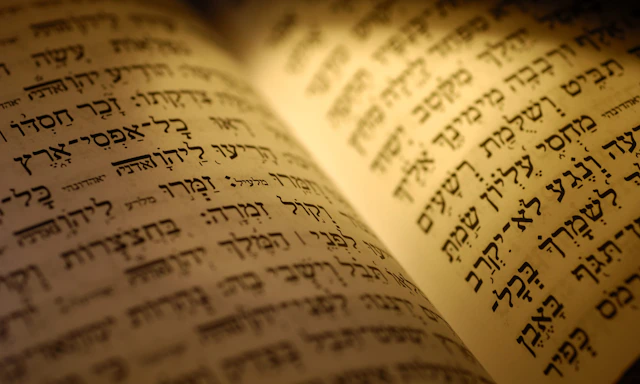
Cookies in use
Religion and Coming Out Issues for Asian Pacific Americans

The beliefs of Asian Pacific Islander religions may not be any more homophobic than others, but the interconnectedness of culture and religion means that any homophobia related to faith can have a devastating effect.
Many people find strength and support from their faith as they struggle to come out as gay, lesbian, bisexual, transgender, or queer. At first, this might sound impossible since many organized religions teach that homosexuality and gender variance are wrong or immoral. This has a powerful impact on LGBTQ+ Asian Pacific Americans, due to traditional connections among family, culture and religion within that community. The beliefs of Asian Pacific Islander religions may not be any more homophobic than others, but the interconnectedness of culture and religion means that any homophobia related to faith can have a devastating effect.
One way to combat that homophobia and its effects is by joining and participating in LGBTQ+ Asian Pacific American social groups. While you may not be ready to start a dialogue with your priest, reverend, or imam, a good start would be to have a discussion about religion within the group. Groups such as South Asian Lesbian and Gay Association of New York provide a safe and comfortable environment to discuss these issues.
Progress is also being made within certain denominations. LGBTQ+ advocates within the Catholic Church, which comprises many Asian Pacific Americans, such as DignityUSA, have been working to educate people of their faith.
When a family member comes out, however, some Asian Pacific American families choose to find a place of worship that is more welcoming to LGBTQ+ people. “After our daughter’s disclosure, we felt uncomfortable at our Japanese-American church,” said Ellen Kameya, co-founder of API PFLAG Family Project. “We then found a United Church of Christ that had recently taken up the issue of welcoming gays into the congregation and found the support we needed. The ministers urged us to live our Christian faith by reaching out to the GLBT community, which is often marginalized by some churches.”
The presence of LGBTQ+ supportive clergy can send a powerful message to Asian Pacific Americans who are coming out. While there may not be many Asian Pacific Islander-affiliated houses of worship that call themselves gay-friendly, the support of their leaders sends an important message. Straight allies within a congregation also send a powerful signal to LGBTQ+ Asian Pacific Americans who want to maintain their faith.
“One reason I have become involved (in LGBT advocacy) is my faith,” said Betty Kobata, a straight ally and member of the West Valley United Methodist Church in Chatsworth, Calif. “As a member of the faith community, I always believe that God’s love is inclusive and embraces everyone regardless of our differences. We need to educate ourselves and better understand what it means to be gay in this society.”
Some LGBTQ+ Asian Pacific Americans find that the religion they grew up with isn’t as homophobic as they first thought.
“I was raised as a Hindu and today consider myself to be loosely religious,” said Prateek Chaudhary, a former medical student at the Texas College of Osteopathic Medicine. “Many Hindus find that their religion isn’t necessarily an obstacle to coming out, especially those who study Hindu mythology, which includes references to same-sex relationships and alternative gender roles.”
Other LGBTQ+ Asian Pacific Americans have found support and strength from LGBTQ+ organizations specific to their chosen faith.
Love conquers hate.

